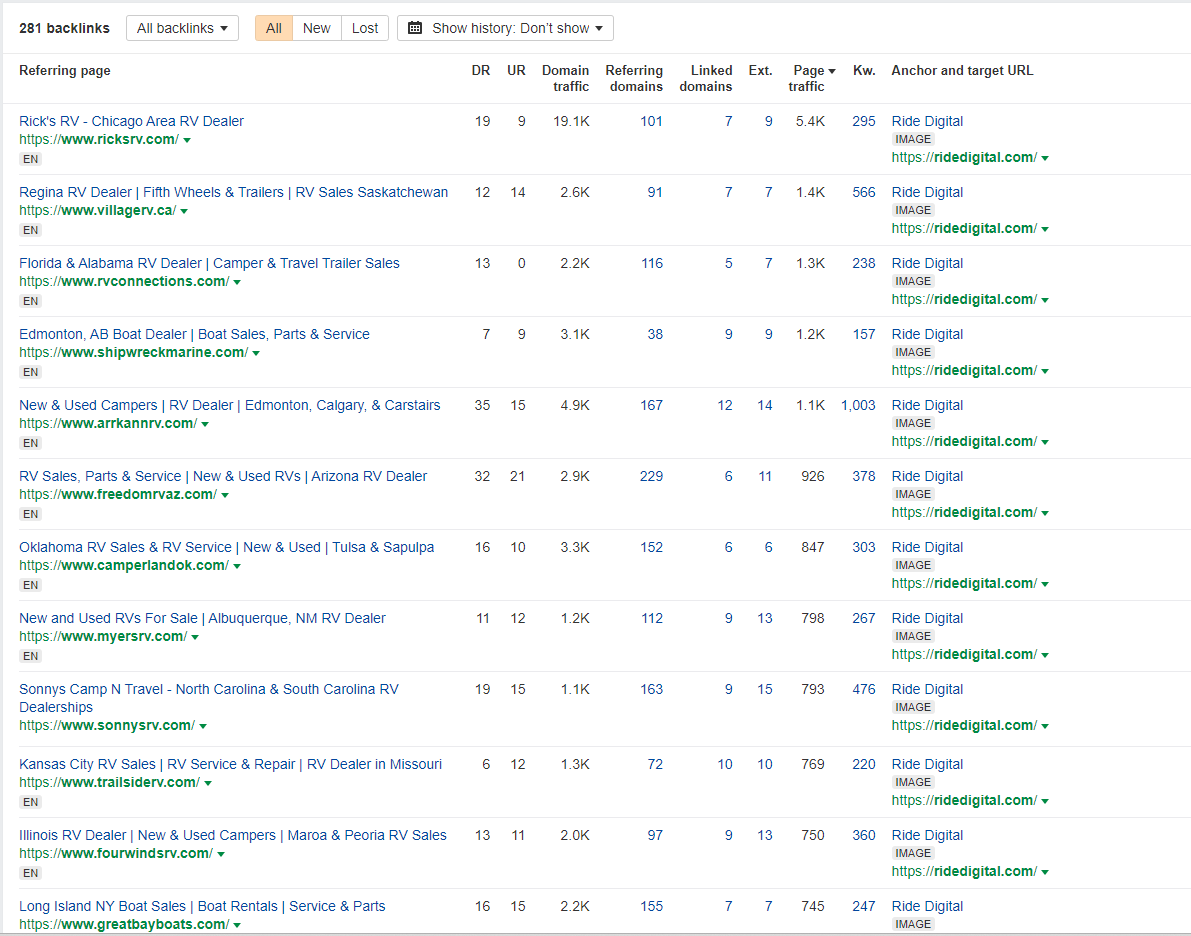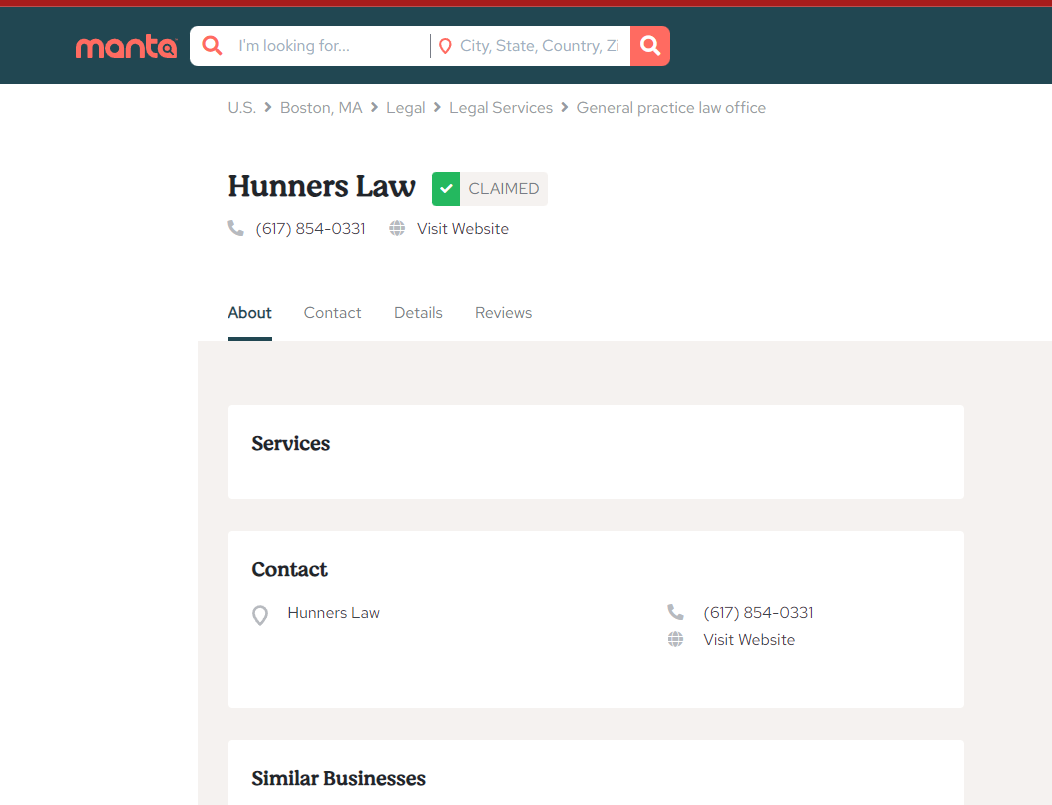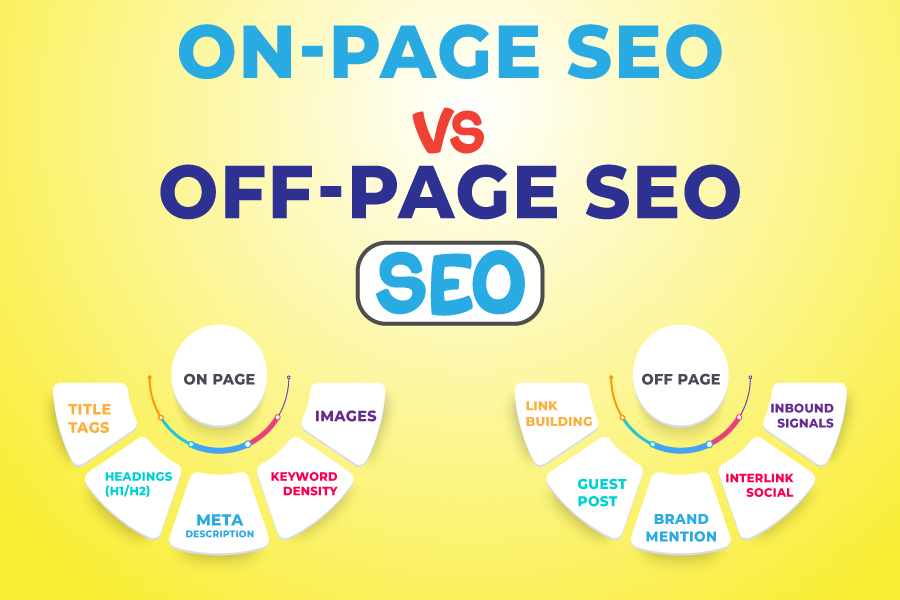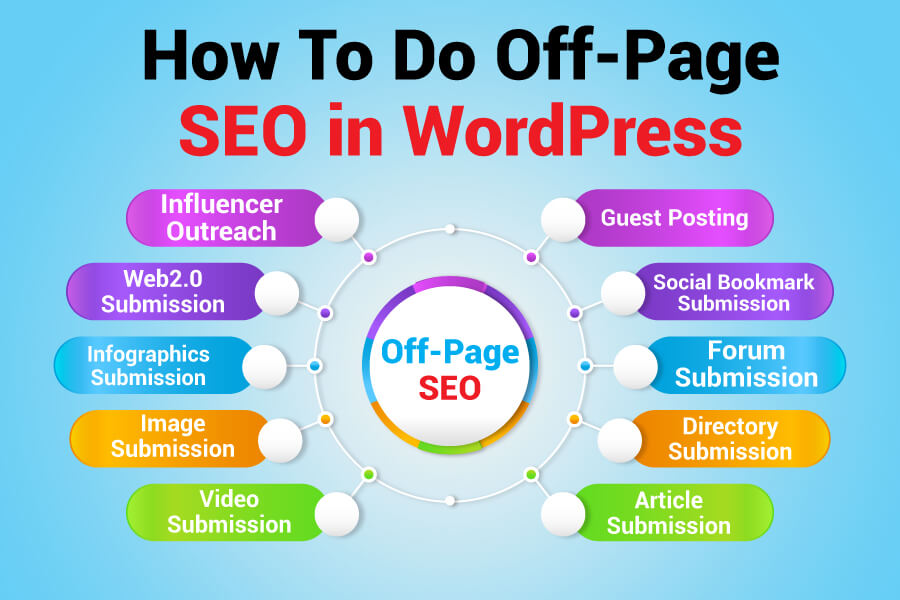Would you like your WordPress site to shine in today’s digital space, drawing traffic and climbing search engine rankings?
This dream is achievable; however, it goes beyond on-page optimization and requires a powerful off-page SEO strategy.
Off-page SEO includes activities outside your website that boost its authority and trustworthiness. These activities significantly boost your WordPress site.
When combined with on-page SEO, Off-page SEO strategies generate an approach that improves your site’s performance.
However, despite its effectiveness, many overlook this approach due to a lack of implementation knowledge. In turn, this leaves valuable opportunities untapped.
This guide highlights top strategies for implementing off-page SEO on your WordPress site. Join us at WordPress SEO Consulting as we help you leverage these tactics, dominate search engines, and drive more traffic to your website.
What is Off-Page SEO?
Off-page SEO involves optimizing outside your website to boost your rankings in search results. It’s about building your site’s reputation, which includes getting high-quality links from third-party websites.
The more credible your links are, the more authoritative your site is to search engines like Google.
Off-page SEO also includes improving your brand’s online presence. You can achieve this by increasing branded searches, boosting social media engagement, and mentioning your brand on reputable sites.
If your site receives positive reviews and high-authority mentions, this signals to search engines that it is trustworthy and reliable. These combined efforts help your site earn a top spot in search results.
Why Is Off-Page SEO Important for WordPress Sites?

Off-page SEO is crucial for your WordPress site as it boosts authority, credibility, and visibility in search engine results.
High-quality backlinks from reputable sites enhance your site’s reputation. Social media engagement and influencer mentions complement on-page efforts and increase domain authority.
Use practical strategies to enhance online presence, such as participating in relevant forums, conducting influencer outreach, and engaging on social media. These efforts attract and retain users, driving sustained growth for your site.
Ultimately, off-page SEO builds trust and improves your site’s “expertise, authoritativeness, and trustworthiness (EAT),” driving sustained growth and success.
How to Do Off-Page SEO in WordPress
Here are some steps to help you implement off-page SEO on your WordPress site:
Conduct a Backlink Audit

Before you engage in new backlink strategies, assess your current backlink profile. Use tools like Ahrefs, SEMrush, or Moz to analyze your existing backlinks. These tools will identify the quality and sources of your backlinks.
Moreover, it is essential to identify any spammy or low-quality links that might harm your SEO efforts. Disavowing these toxic links will help maintain a clean and effective backlink profile.
Build High-Quality Backlinks
Backlinks are one of the most critical factors in off-page SEO. They serve as endorsements from other websites, indicating that your content is credible and valuable. Therefore, high-quality backlinks can improve your domain authority and search rankings.
To attract backlinks, create valuable content other third-party sites want to link to. These include well-researched articles, infographics, and interactive content.
Here are some backlink strategies that can improve your off-page SEO:
- Create content for other websites in your niche to obtain backlinks and expose your content to a broader audience. Identify reputable blogs in your industry and pitch relevant, high-quality content ideas to them.
- Identify broken links on other websites and suggest your content as a replacement. Use tools like Ahrefs or SEMrush to identify broken links on high-authority sites, then reach out to the site owners with your proposal.
- Find top-performing blogs in your niche and create something even better. After creating superior content, suggest your improved version to websites linking to the original article.
- Submit your site to reputable online directories to gain backlinks and increase visibility. Focus on high-quality directories relevant to your niche, such as Yelp, Yellow Pages, and industry-specific directories.
Engage Social Media Platforms
Social media engagement can significantly drive traffic to your site and increase brand awareness. Social media platforms have a very high off-page SEO influence.
Social signals like likes, shares, and comments can indirectly influence your SEO performance. To enhance your SEO through social media platforms, you should:
- Identify where your target audience is most active and focus on these platforms to maximize engagement and reach.
- Create content that is easy to share and resonates with your audience. Use eye-catching visuals, compelling headlines, and clear calls to action to encourage social sharing.
- Integrate social media with your WordPress site using plugins like Social Warfare, Monarch, and AddToAny. These tools make it easy for visitors to share your content and increase its visibility.
- Engage with your audience by responding to comments, participating in discussions, and hosting live sessions. Building a community around your brand can improve your online presence and foster loyalty.
Utilize Influencer Outreach and Collaboration
Influencer marketing allows you to expand your online presence by collaborating with influential industry figures.
These collaborations grant access to active audiences, leading to heightened brand exposure and increased awareness among potential customers.
Use tools like BuzzSumo and Followerwonk to find relevant influencers in your industry. Then, approach them with a genuine interest in their work. Engage with their content, share their posts, and offer value before pitching collaboration ideas.
After engaging with their content and offering value, negotiate collaborations. These collaborations, such as sponsored posts, product reviews, and co-hosted webinars, should benefit both parties. Ensure that the terms are clear and mutually advantageous.
Conduct a Competitor Analysis
Knowing what your competitors are up to can give you a strategic edge. Therefore, use SEO tools to identify your main competitors and analyze their backlink profiles.
Identify where they are getting their backlinks from and look for opportunities where you can also secure backlinks. This competitive analysis can reveal gaps and opportunities in your strategy, helping you build a more robust backlink profile.
Manage Your Online Reputation
Stay informed about what people say so you can respond promptly and professionally. This proactive management will allow you to promptly address any negative feedback. As a result, it will showcase your dedication to customer satisfaction and minimize potential harm to your WordPress site.
Use tools like Google Alerts, Mention, and Brand24 to track mentions of your brand across the web. Additionally, respond to reviews and feedback, both positive and negative.
You can improve your online reputation by addressing rising concerns and appreciating positive comments.
Your site should also feature testimonials and user reviews to build trust and credibility. Positive reviews can influence potential customers and improve your SEO rankings.
Engage Local SEO

Local SEO helps attract nearby customers and clients, making it essential for businesses with a physical presence. Therefore, it can drive targeted traffic and increase engagement.
- Set up and optimize your Google My Business (GMB) profile with accurate information, high-quality photos, and regular updates. Encourage satisfied customers to leave reviews on your GMB listing.
- Build citations on local directories and review sites like Yelp, TripAdvisor, and industry-specific platforms. Ensure your NAP (Name, Address, Phone number) information is consistent across all listings.
- Ask local customers to leave reviews on platforms like Yelp, Facebook and Google. Positive reviews can enhance your local SEO efforts and attract more business.
Measure and Analyze Off-Page SEO Efforts
Utilize tools like Google Analytics, Ahrefs, SEMrush, and Moz to track your off-page SEO performance. These tools provide insights into backlinks, social signals, and referral traffic.
Monitor backlink quality, domain authority, social media engagement, and referral traffic. These indicators help you gauge the effectiveness of your off-page SEO strategies. Focus on areas that show positive results and refine or eliminate underperforming tactics.
Utilize Forums and Q&A Websites

Forums and Q&A sites are widely used platforms where individuals can pose questions, exchange opinions, and discuss various topics.
When used strategically and ethically, these platforms can also be valuable for driving traffic, gaining backlinks, and boosting your website’s authority.
Participate actively in forums related to your industry, including a link to your website in your signature or when relevant.
Answer questions on sites like Quora or Reddit to provide value and link back to your website where appropriate. This helps build authority and drive target traffic to your site.
Submit to Directories and Local Listings

Submitting your website to high-quality directories and local listings is another effective off-page SEO strategy. It provides opportunities to gain backlinks, enhance website authority, and boost online visibility.
Therefore, ensure your site is listed in reputable directories. Additionally, ensure your business is listed on local listing sites like Google My Business and Bing Places.
These listings help improve your visibility, especially for local searches and can drive more traffic to your site.
Monitor Your Off-Page SEO Efforts
Track your SEO metrics, such as organic traffic, keyword rankings, backlinks, and bounce rates. This will show how well your SEO strategies are working. Use SEO tools like Ahrefs, SEMrush, or Moz to track your backlinks and off-page SEO metrics.
Be prepared to adjust your strategies based on what is working and what isn’t. Monitoring and adjustments are vital to sustaining and enhancing your off-page SEO performance.
Stay Updated
For long-term success, stay up-to-date on the latest trends and changes in SEO. Follow reputable SEO blogs and news sites to stay informed.
Additionally, participate in SEO webinars and conferences to learn from industry experts. Keeping up with the trend helps you adapt quickly and ensures your strategies remain effective.
On-Page SEO vs. Off-Page SEO

Understanding the difference between on-page and off-page SEO is crucial for optimizing websites.
Content Creation
On-page SEO includes all the activities you do on your website. The primary aspect is creating high-quality, relevant content.
Search engines seek to find the most helpful content for any search term. The better your content, the higher it will rank.
By contrast, off-page SEO includes all optimization efforts outside your website. The primary factor here is backlinks. Other crucial activities include social media engagement and public relations.
Website Structure and Linking
Secondly, on-page SEO tasks involve website structure, internal linking, and image optimization. They look at how well you organize your content and link to other relevant pages. The objective is to enable search algorithms to crawl and understand your site.
On the other hand, Off-page SEO focuses on building external relationships, enhancing your website’s reputation, and establishing authority.
Key Elements
On-page SEO focuses on content quality, keyword optimization, meta tags, URL structure, internal linking, user experience, mobile-friendly design, and technical SEO.
In contrast, off-page SEO emphasizes backlinks, social media marketing, online reputation management, influencer marketing, brand mentions, authority building, link building, social signals, and content marketing.
Common Mistakes to Avoid
- Avoid black-hat SEO tactics such as buying links or joining link farms. Instead, concentrate on acquiring high-quality, relevant backlinks through ethical methods.
- Understand that off-page SEO results take time. Therefore, consistently build backlinks, engage on social media, and manage your online reputation.
- Comply with search engine guidelines to avoid penalties. Avoid duplicate content, keyword stuffing, and other harmful practices that could negatively impact your SEO efforts.
Conclusion
Successful off-page SEO for WordPress involves building high-quality backlinks and enhancing your social media presence by engaging with various content platforms.
Implementing these strategies will boost your site’s authority, increase search engine rankings, and drive more traffic. Focus on direct outreach, online reviews, brand mentions, and social media engagement.
Additionally, combine these efforts with high-quality content and an optimized website structure for comprehensive SEO success.

